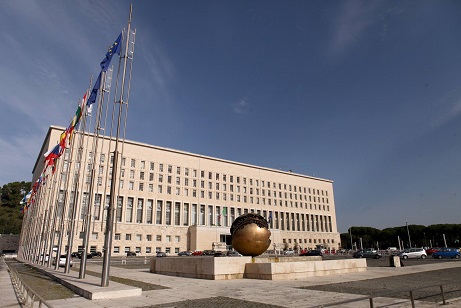Venice Commission approves Georgia’s third wave of judicial reforms

The Venice Commission has approved a package of legislative amendments prepared within the framework of the third wave of judicial reforms in Georgia.
Georgia’s Minister of Justice Thea Tsulukiani said the goal of the reforms was to increase the independence of judges, exclude the possibility of pressure put upon judges by court officials and ensure a higher level of involvement of judges in court activities.
Tsulukiani presented the draft bill at the 100th Plenary Session of the Council of Europe’s advisory body for legal affairs, the Venice Commission, on October 11 in Rome. The draft bill, which was approved by the Commission, outlined several changes.
Once change noted the Supreme Court's Plenum will no longer be authorised to determine the number of Supreme Court Judges, and instead this will be determined by law.
Furthermore the chairperson of the Appeal Courts will no longer be members of the Plenum of the Supreme Court and will be elected to their posts by the given courts.
Meanwhile, the chairperson of the Court will no longer be authorised to subject their judges to disciplinary proceedings. This will now fall under the sole authority of the High Council of Justice.
The bill also defined the automatic distribution of cases. Also the assignment of judges will be performed in accordance with new, transparent and democratic rules. The disciplinary procedures will be transparent.
According to the draft bill the number of Supreme Court members will increase and their judicial powers will expand. The Supreme Court will be obliged to prove the inadmissibility decisions to clarify such decisions to the appellants and the public.
Meanwhile judicial candidates will be elected on a competitive basis. The Ministry of Justice will submit the amendments to the Georgian Government and Parliament in the coming days, the Justice Ministry said.
The Ministry of Justice has been working to improve the judicial system since 2012. The first wave of institutional reforms ended in May 2013 after Parliament passed a series of legislative amendments. As a result of this, judges were free from any pressure and the High Council of Justice was depoliticised.
Within the framework of the second wave of the reform, evaluation criteria and procedures for selection of judges after their mandatory probation period were introduced. This aimed to ensure the evaluation process to be objective, fair and impartial, and at the same time, provide legal guarantees and protection of judges’ interests in this process.
 Tweet
Tweet  Share
Share